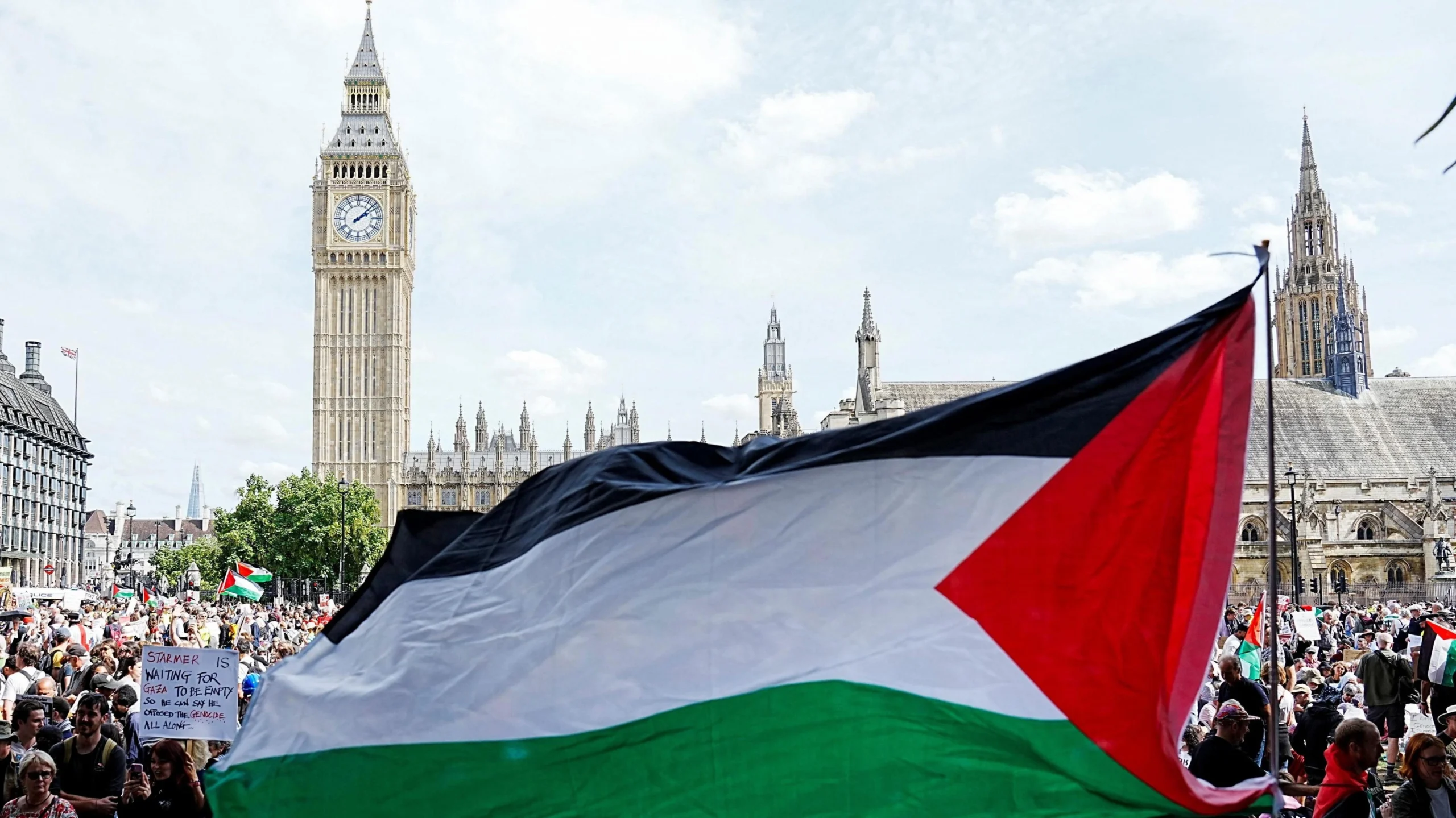Two and a half years of relentless war have left Gaza in ruins, a place the United Nations has described as uninhabitable. The death toll has soared past 65,000, a staggering figure that continues to climb amidst widespread famine and the collapse of the healthcare system. This humanitarian catastrophe, broadcast to the world in real-time, has ignited a global outcry, fueling massive street protests and forcing a stark re-evaluation of long-standing foreign policies in Western capitals. This pressure has culminated in a coordinated diplomatic shift. The United Kingdom, Canada, Australia, and Portugal have all formally recognized the State of Palestine, shattering decades of policy consensus and signaling a potential turning point in the seemingly intractable conflict.
This coordinated action by major Western powers did not occur in a vacuum. It follows the recognition of Palestine by Spain, Ireland, and Norway in 2024, and by several Caribbean nations. With these latest additions, over 140 countries, more than two-thirds of the UN’s member states, now recognize the State of Palestine. The significance of the UK’s decision, as a permanent member of the UN Security Council and the author of the 1917 Balfour Declaration, cannot be overstated.
This shift is the culmination of a long and painful history. The dispossession of Palestinians from their land is a process that has unfolded in several phases since 1947. It began with the 1948 Nakba , which saw the displacement of over 750,000 Palestinians, and continued with the 1967 war, which led to the occupation of the West Bank and Gaza. Since then, the history of Israeli settlement expansion in the West Bank and East Jerusalem, deemed illegal under international law, has been a methodical and relentless effort to create facts on the ground that preclude the possibility of a viable, contiguous Palestinian state.
This steady encroachment, coupled with a suffocating blockade on Gaza and the daily indignities of occupation, created a tinderbox. While previous conflicts were met with international condemnation, the scale and ferocity of the latest war caused it to explode, crossing a red line for many. The sheer number of civilian casualties, the targeting of hospitals, and the use of starvation as a weapon of war have galvanized public opinion like never before, creating a new political reality for Western leaders.
It is in this context that the wave of recognitions must be understood. On September 21, 2025, the governments of the United Kingdom, Canada, and Australia announced their formal recognition of a Palestinian state, a move swiftly followed by Portugal. Their language was remarkably similar, framing the decision not as an endpoint, but as a necessary step to salvage the very possibility of a two-state solution. UK Prime Minister Keir Starmer stated the move was intended to revive the hope of peace, while his Canadian counterpart, Mark Carney, added that the Israeli government was working methodically to prevent the prospect of a Palestinian state from ever being established.
However, the recognitions are not without conditions, which introduce profound complexities. The statements are predicated on the Palestinian Authority undertaking significant reforms and committing to demilitarization and peaceful coexistence, with no role for Hamas in a future Palestinian state. A hypothetical demilitarized Palestine would exist alongside one of the world’s most powerful militaries, one with a history of violating the territorial sanctity of areas supposedly under Palestinian Authority control.
The regular Israeli army raids in West Bank cities like Jenin and Nablus offer a grim preview of how the sovereignty of a defenseless state might be respected. Furthermore, the insistence that Hamas play no role in any future election is a politically fraught demand. Hamas won the last Palestinian legislative elections in 2006 and, according to some surveys, still enjoys considerable support. Excluding a significant political faction from the democratic process risks undermining the legitimacy of any future government before it is even formed.
The reaction from Israel has been swift and furious. Prime Minister Benjamin Netanyahu decried the move as an absurd prize for terrorism, vowing that no Palestinian state would be established west of the Jordan River, while far-right members of his coalition called for the immediate annexation of the West Bank. This hardline stance, however, is not universally shared within Israel; Opposition leader Yair Golan blamed Netanyahu’s political recklessness for the diplomatic fallout. The United States, Israel’s staunchest ally, has also been critical, with a State Department spokesperson dismissing the moves as performative gestures and reiterating that statehood should only come through direct negotiations.
Ultimately, while this wave of recognition is a monumental step in the right direction, its immediate, practical impact is tempered by the geopolitical realities. Symbolically, it affirms the Palestinian right to self-determination. However, Israel’s sharp reaction blunts its effectiveness. Unless this diplomatic pressure is partnered with concrete actions, such as sanctions on the Israeli military or officials who support illegal settlements, the chances of stopping the carnage in Gaza are slim. This ongoing violence will inevitably continue to push a desperate and brutalized population toward armed groups who promise resistance. The diplomatic moves in Western capitals are a welcome and long-overdue shift, but what is certain is that the old status quo has been shattered. The question now is what will rise from the rubble, and whether the international community is willing to do more than just recognize a state to ensure its survival.






![Prime Minister Narendra Modi with External Affairs Minister S. Jaishankar at an official event. [Photo Courtesy: Praveen Jain via The Print].](https://southasiatimes.org/wp-content/uploads/2026/02/20-scaled-e1755601883425-1024x576-1.webp)